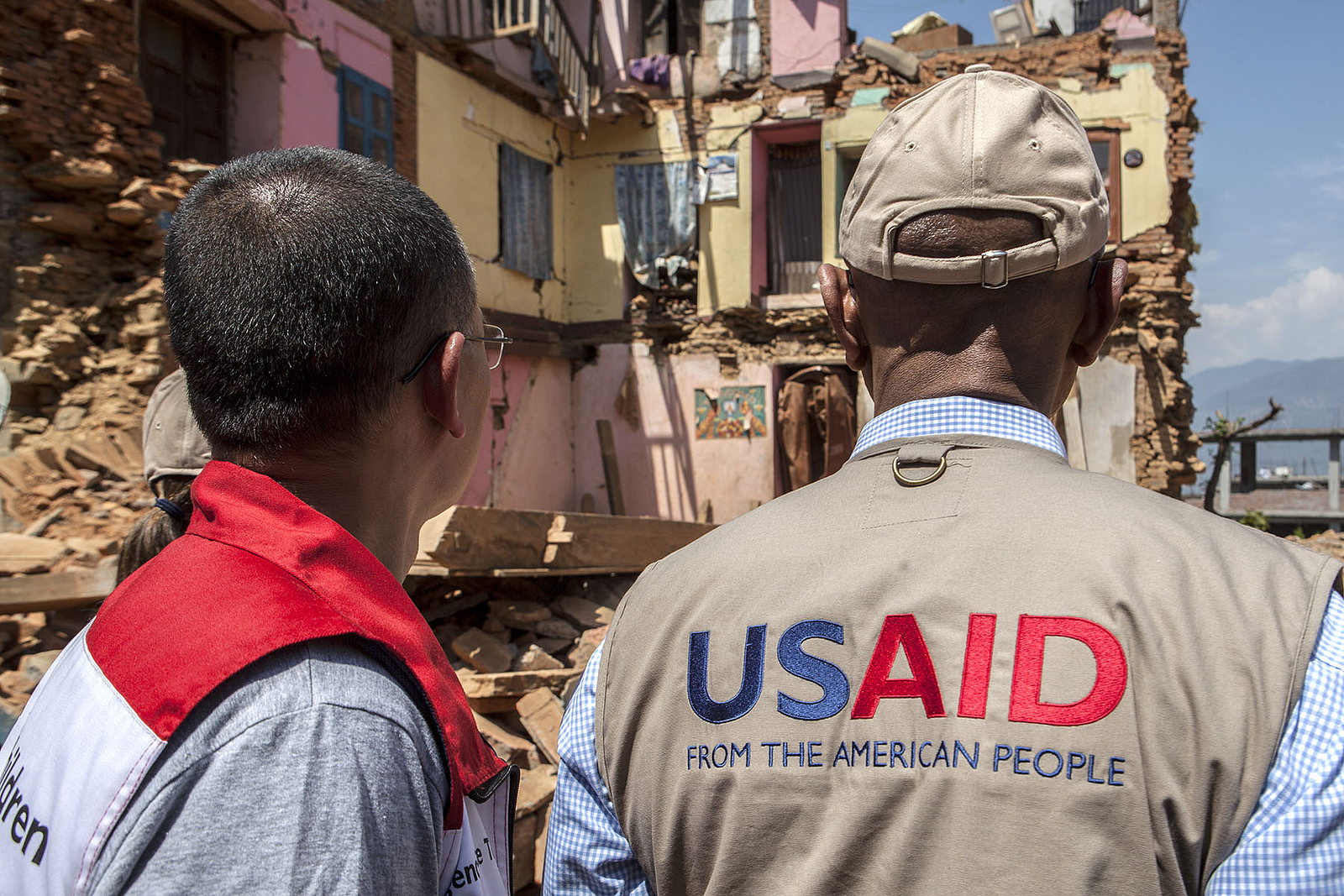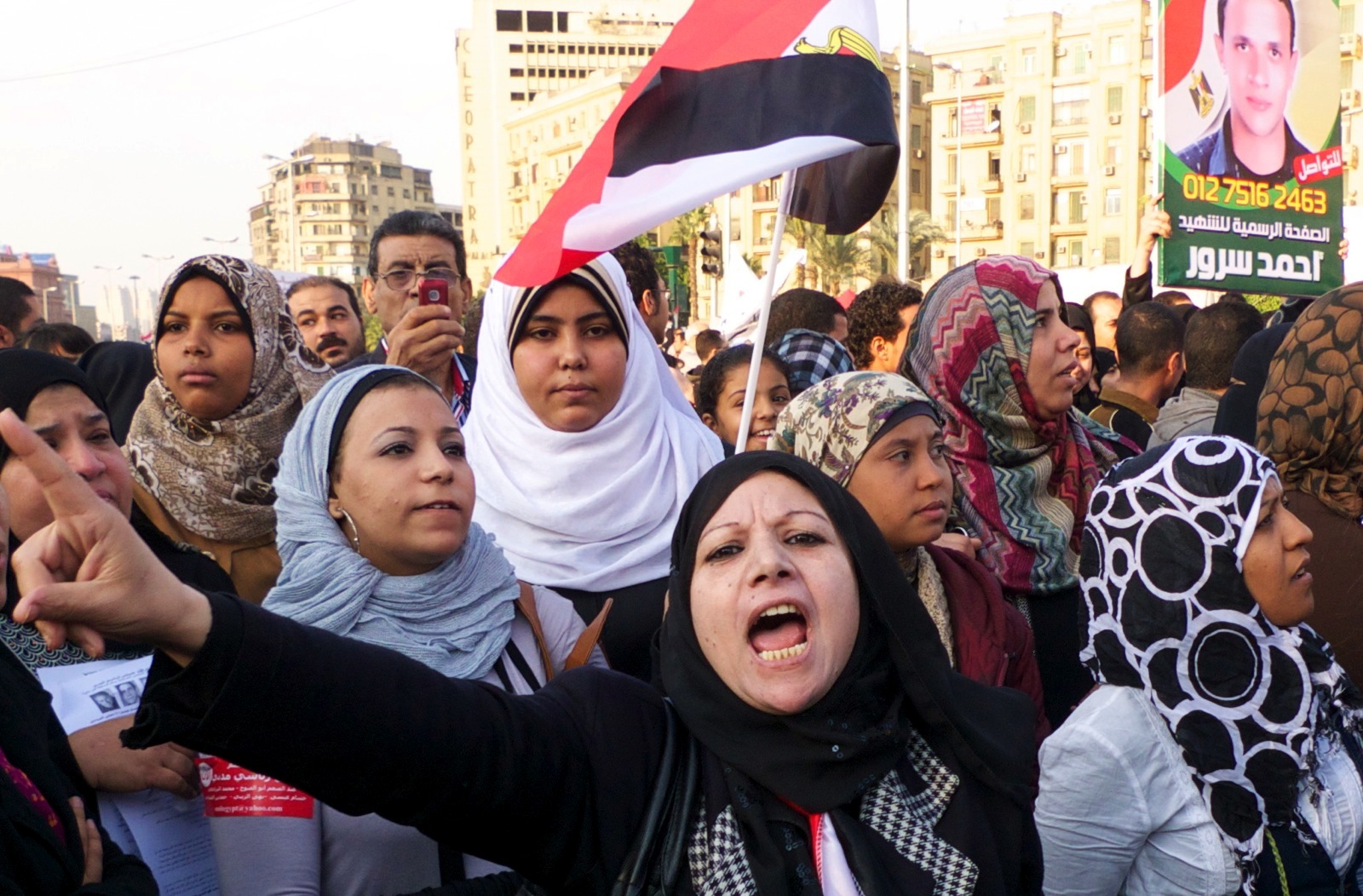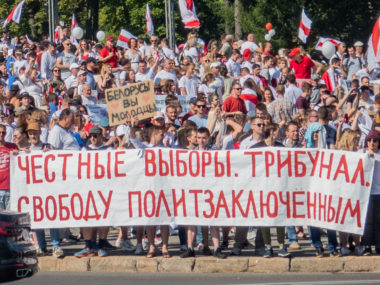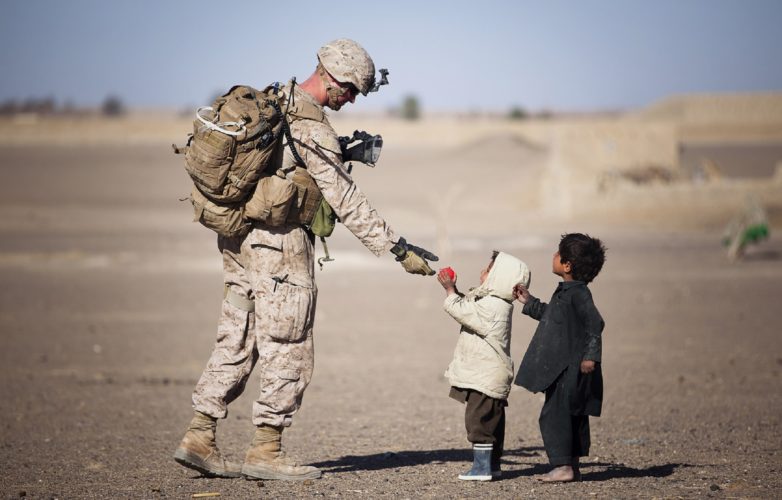By Peter S. Henne for Denver Dialogues.
Donald Trump’s proposed budget has provoked significant (often negative) reaction from American policymakers and the public. The cuts to domestic spending have raised concerns over the future of environmental protection efforts and support for education, among other priorities. But his proposed cuts to America’s foreign policy work are equally distressing. Indeed, my research indicates some of these proposed cuts could undermine America’s counterterrorism efforts.
Trump’s budget will likely cut about $50 billion dollars from non-defense governmental programs, including foreign aid. This could have a major impact on the world. Even though the percentage of the US government budget going to foreign aid is a little over 1 percent – which amounts to a quarter of a percent of US GDP – the United States accounts for a large amount of global aid flows. US aid makes up a little less than a third of humanitarian assistance, and the United States contributes significant aid to support many key states; these include Afghanistan and Pakistan – both struggling against brutal militants – and Jordan, a linchpin in maintaining stability in the Middle East.
So decreasing US foreign aid would probably harm other societies. But what impact will it have on US interests? My work indicates it may undermine America’s counterterrorism efforts around the world.
In my recently published book, I analyzed the different response of majority-Muslim states to the US Global War on Terrorism through a statistical study and case studies of Pakistan, Turkey, and the United Arab Emirates. The primary focus of my book was on religion, and I argued that the varying manner in which Islam and the state were connected in Muslim states explained a significant part of states’ policies on counterterrorism. In the statistical analysis, however, I included several other possible explanations for states cooperating with America on counterterrorism, including the history of conflict with America, domestic conflict, state strength, and the amount of economic and military aid the state receives from the United States.
This led to some surprising results. The extent of ties between both Islam and the state and alliance connections with America mattered; the former decreased cooperation on counterterrorism, and the latter increased it. But the other factor that had a significant and consistent effect on a Muslim state’s counterterrorism policies was US aid. States that received more aid tended to be more cooperative on the Global War on Terrorism than those that did not.
Obviously, aid is not everything when it comes to counterterrorism. Pakistan receives a massive amount of aid from the United States – $1.1 billion in 2015 – but has had particularly fraught counterterrorism relations with America. But in general, a decrease in aid from the United States is likely to lessen a Muslim state’s cooperation with America on counterterrorism. Based on my analysis, a significant decrease in US aid would lead to a drop in counterterrorism cooperation corresponding to the difference between Qatar—a US counterterrorism partner despite some persistent concerns—and Mali, which has struggled to disrupt terrorist activity in its territory. There are of course many other differences between the two, but this is suggestive of the type of counterterrorism impact we can expect if the United States cuts foreign aid.
I did not explore this finding extensively in the book, and it would require further investigation before we can conclusively point to US aid’s effects on counterterrorism. But the finding does suggest there is a relationship between these two factors. The effect most likely arises as aid increases states’ capabilities to fight terrorism and makes them more amenable to US suggestions on specific policies.
What does this mean for the impact of Trump’s budget? US foreign aid is not “just” humanitarian work. It is also an important instrument through which America influences other states; without foreign aid, the US Global War on Terrorism may have been less effective in undermining the power of al-Qaeda.
If Trump does cut US foreign aid, efforts to defeat al-Qaeda, the Islamic State, and other terrorist threats that emerge will be severely curtailed. The struggles of countries like Jordan and the United Arab Emirates, who are directly fighting the Islamic State and attempting to counter its messaging, may be hampered. Any serious US counterterrorism strategy must maintain foreign aid as an important element of the foreign policy toolkit.
Peter S. Henne is an Assistant Professor in the Department of Political Science at the University of Vermont. His first book, Islamic Politics, Muslim States and Counterterrorism Tensions, is available from Cambridge University Press. He has published scholarly articles in The Journal of Peace Research, Terrorism and Political Violence, and Politics and Religion. Henne also writes on counterterrorism and Middle East politics at The Huffington Post and on Twitter at @pehenne.





